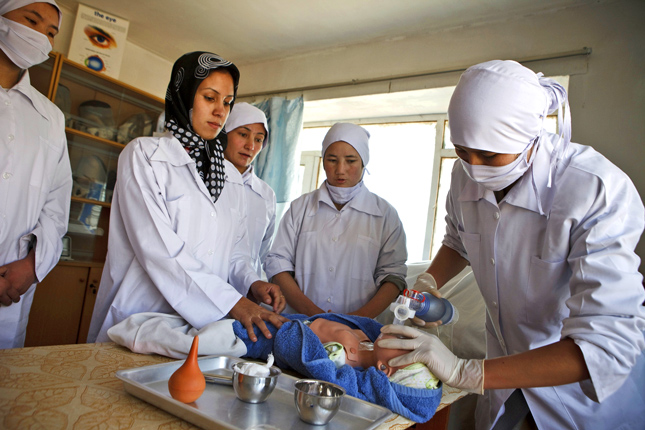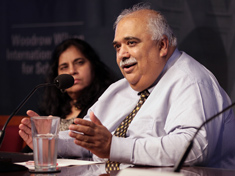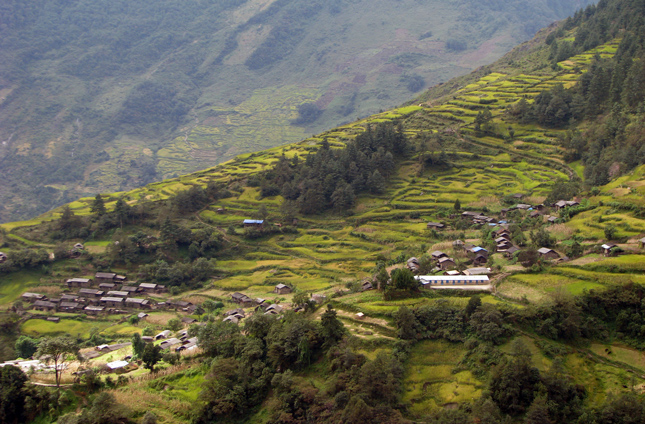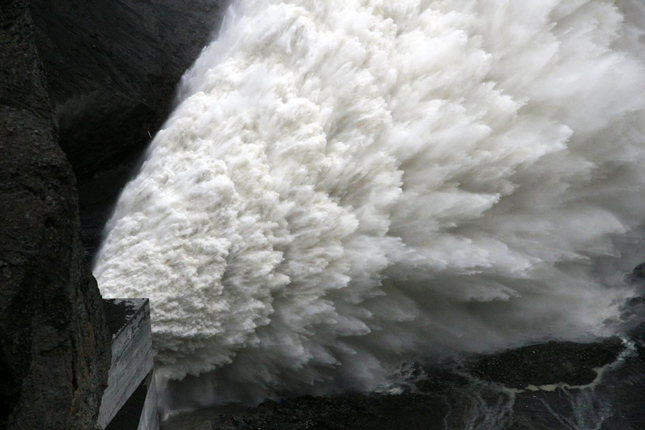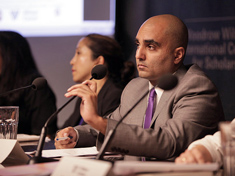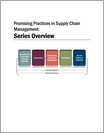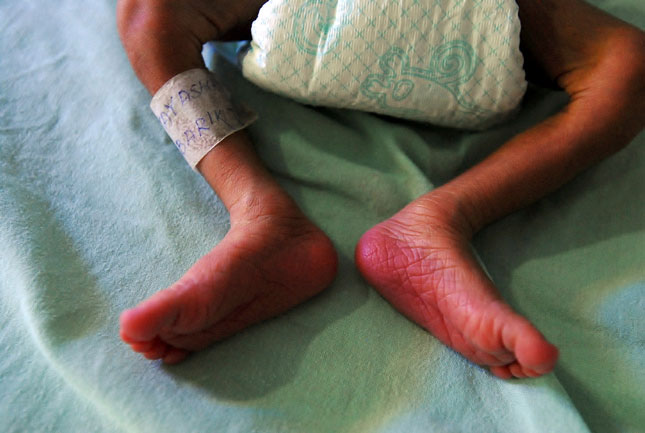-
Innovative Technology and Trainings Empower New Generation of Midwives
›
Imagine you are a physician working in a rural health center in a developing country. You’re helping a woman deliver her baby, and it’s just arrived but is not breathing. Meanwhile, the mother has started to hemorrhage. You’re the only one working in the clinic that day, and many life-saving treatments need to start within one minute. You have 60 seconds to make decisions that could cost the lives of two people. [Video Below]
-
UK Global Trends Report Forecasts Security Threats in Face of Growth, Climate and Technological Change
›October 22, 2014 // By Heather Randall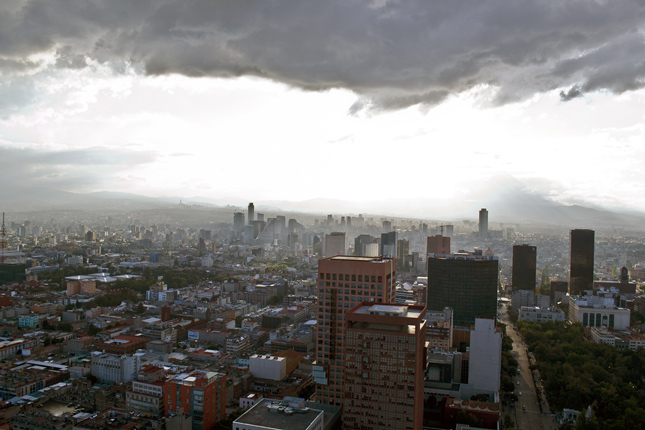
By 2045, global population will be north of 9 billion with increased urbanization and migration, natural resource stress, improved medical technologies, greater use of robotic labor, and a shift towards lifelong (and increasingly online) learning, according to a recent report from the UK Ministry of Defense.
-
Dr. Harshad Sanghvi: Reducing Maternal and Child Deaths Requires Better Trained, Empowered Health Workers
›
Technological solutions, like improved equipment and logistical tools, have been trumpeted as keys to finally ending preventable maternal and child deaths. “But it’s not just technology innovation that we need; it is systems innovation,” says Dr. Harshad Sanghvi in this week’s podcast.
-
High Poverty: Medicinal Plants Offer Way Forward for Nepal’s Mountain Communities
›
In a tiny village called Chepuwa in the Sankhuwasabha district of Nepal, high in the Himalayas and almost four days’ trek from the nearest road, Mikmar Bhote has been growing and selling medicinal and aromatic plants for five years.
-
Hydro-Diplomacy Can Build Peace Over Shared Waters, But Needs More Support
›
From Ukraine and the Middle East to sub-Saharan Africa and East Asia, the world is engulfed in a series of significant international crises. But despite such urgent issues, it would be a grave mistake to forget about the structural foreign policy challenges – such as access to water – that could become the crises of the future.
-
Overcoming Malnutrition Key to Maternal and Child Health Improvements, Says Dr. Ranu Dhillon
›
With less than 500 days until they expire, it’s almost certain that the Millennium Development Goals on child mortality and maternal health will be missed by many countries. Already, work on drafting the MDG successors has begun; but unless policymakers put nutrition at the center of maternal and child health systems, reducing global maternal and child mortality ratios by an appreciable amount will be difficult, says Dr. Ranu Dhillon in this week’s podcast.
-
Proven and Promising Solutions to Strengthening Maternal Health Supply Chains
› In 2012, as part of the Every Women Every Child movement, 13 vital health commodities were identified by a UN panel that could save the lives of more than 6 million women and children over the course of five years. There are often significant cultural and behavioral barriers to these commodities reaching people in low- and middle-income countries, but physical logistics is also a major problem.
In 2012, as part of the Every Women Every Child movement, 13 vital health commodities were identified by a UN panel that could save the lives of more than 6 million women and children over the course of five years. There are often significant cultural and behavioral barriers to these commodities reaching people in low- and middle-income countries, but physical logistics is also a major problem. -
The Intergenerational Cycle of Malnutrition: How Gender and Social Status Doom Many Mothers and Newborns
›
When Dr. Ranu Dhillon stumbled upon baby Reena during a routine visit to a clinic in India, she was almost comatose and unable to get the care she needed. Dhillon traveled with Reena and her mother from hospital to hospital, but left again and again without finding treatment. [Video Below]
Showing posts from category India.


